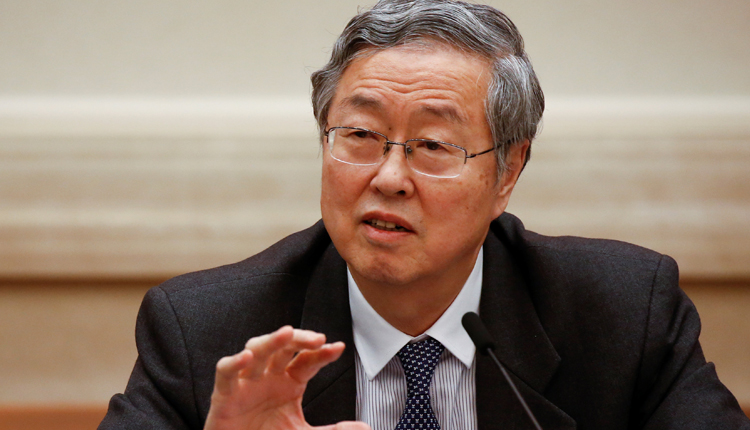Trade war’s impact on China to be insignificant, ex-c.bank governor says
The trade war between Washington and Beijing will not have a huge impact on the Chinese economy, the former People’s Bank of China (PBOC) governor Zhou Xiaochuan told CNBC on Friday.
“We used a mathematical model to calculate the negative impact of the trade war. It is not very large, it is not significant. It is less than half a percent (of an) impact to the Chinese economy,” Zhou told CNBC’s Steve Sedgwick at the Ambrosetti Forum on the shores of Lake Como in Italy.
U.S. President Donald Trump has said he’s ready to erect tariffs on all $506 billion worth of Chinese imports to the U.S. So far, Washington has slapped duties on $50 billion worth of Chinese goods, and a fresh $200 billion more is threatened this month. China can’t match the tariff threats because of the mismatch in trade.
Zhou said China’s response would be to quickly re-route goods to other countries and this is what the PBOC has also advised President Xi Jinping.
“The worst case scenario is that China is no longer going to export $500 billion of goods to the U.S. market and then its dependent how quickly you can diversify those export goods to the other countries. Actually I think China could act quickly,” Zhou added.
The former PBOC governor warned however that economic modelling could not factor in a quick shift in the mood within China.
“We saw when the Lehman Brothers event happened. There was sudden panic and contagion so this kind of thing is not very easy to analyze,” he said, before adding that with economic growth of 6 percent a year and a floating exchange rate, the Chinese economy was well placed to withstand external shocks.
Chinese stocks on the country’s CSI 300 index have fallen 13 percent since the United States unveiled its tariff targets in mid-June. In contrast, the U.S. S&P 500 index has risen 4 percent.
Zhou said that while the trade war was a “major reason” for the stock slump, there was also some domestic reasons at play.
“The Chinese economy is facing a change of strategy from a fast urbanization process to a new form that needs to diversify from various state sectors,” Zhou said. “Also there is a lot of listed companies, that created pollution and investors are (now) not so friendly to these stocks.”
Source: CNBC


